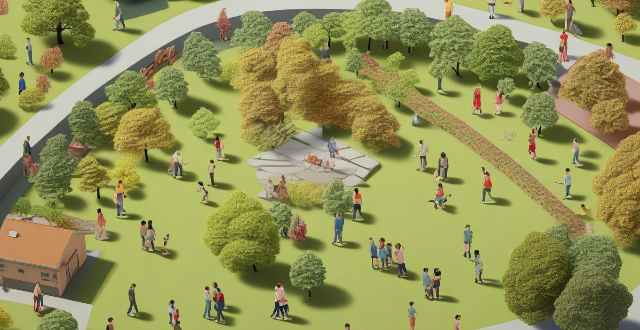Effective strategies for promoting climate literacy in schools include integrating climate education into the curriculum, encouraging student inquiry and critical thinking, using technology and multimedia tools, collaborating with community organizations and experts, fostering a culture of sustainability, and assessing and evaluating climate literacy programs. These strategies aim to help students develop a comprehensive understanding of climate change, its impacts on society and ecosystems, and the strategies to mitigate and adapt to it.

Effective Strategies for Promoting Climate Literacy in Schools
Climate literacy is an essential component of education that enables students to understand the scientific basis of climate change, its impacts on society and ecosystems, and the strategies to mitigate and adapt to it. Here are some effective strategies for promoting climate literacy in schools:
Integrate Climate Education into the Curriculum
Integrating climate education into the existing curriculum can help students develop a comprehensive understanding of climate change. This can be achieved by:
- Incorporating climate change topics into science, geography, and social studies lessons.
- Teaching about the causes and effects of climate change through case studies and real-world examples.
- Providing opportunities for interdisciplinary learning, such as combining mathematics with climate data analysis.
Encourage Student Inquiry and Critical Thinking
Encouraging students to ask questions and think critically about climate change can foster their interest and engagement in the subject. This can be done by:
- Providing open-ended questions that encourage students to explore various aspects of climate change.
- Conducting research projects that allow students to investigate climate-related issues in depth.
- Facilitating debates and discussions on climate change policies and solutions.
Use Technology and Multimedia Tools
Technology and multimedia tools can make climate education more engaging and interactive for students. Some effective strategies include:
- Utilizing online resources such as educational websites, videos, and simulations.
- Creating multimedia presentations that combine text, images, audio, and video to explain complex concepts.
- Implementing virtual field trips to remote locations affected by climate change.
Collaborate with Community Organizations and Experts
Collaborating with community organizations and experts can provide valuable resources and support for promoting climate literacy in schools. Some collaboration strategies include:
- Partnering with local environmental groups to organize workshops, events, and field trips.
- Inviting experts from government agencies, universities, or non-governmental organizations to give talks or presentations on climate change.
- Establishing school gardens or green spaces in collaboration with community partners to teach students about sustainable practices.
Foster a Culture of Sustainability
Fostering a culture of sustainability within the school can help reinforce climate literacy among students. This can be achieved by:
- Implementing waste reduction programs and recycling initiatives in the school.
- Promoting energy conservation through the use of renewable energy sources and energy-efficient technologies.
- Organizing sustainability-themed events, such as Earth Day celebrations or clean-up campaigns.
Assess and Evaluate Climate Literacy Programs
Assessing and evaluating climate literacy programs can help identify areas for improvement and ensure that students are achieving the desired learning outcomes. Some assessment strategies include:
- Administering surveys to gauge students' knowledge, attitudes, and behaviors related to climate change.
- Conducting focus groups or interviews with students to gather feedback on climate education activities.
- Tracking student achievement in climate-related subjects through regular testing and evaluation methods.